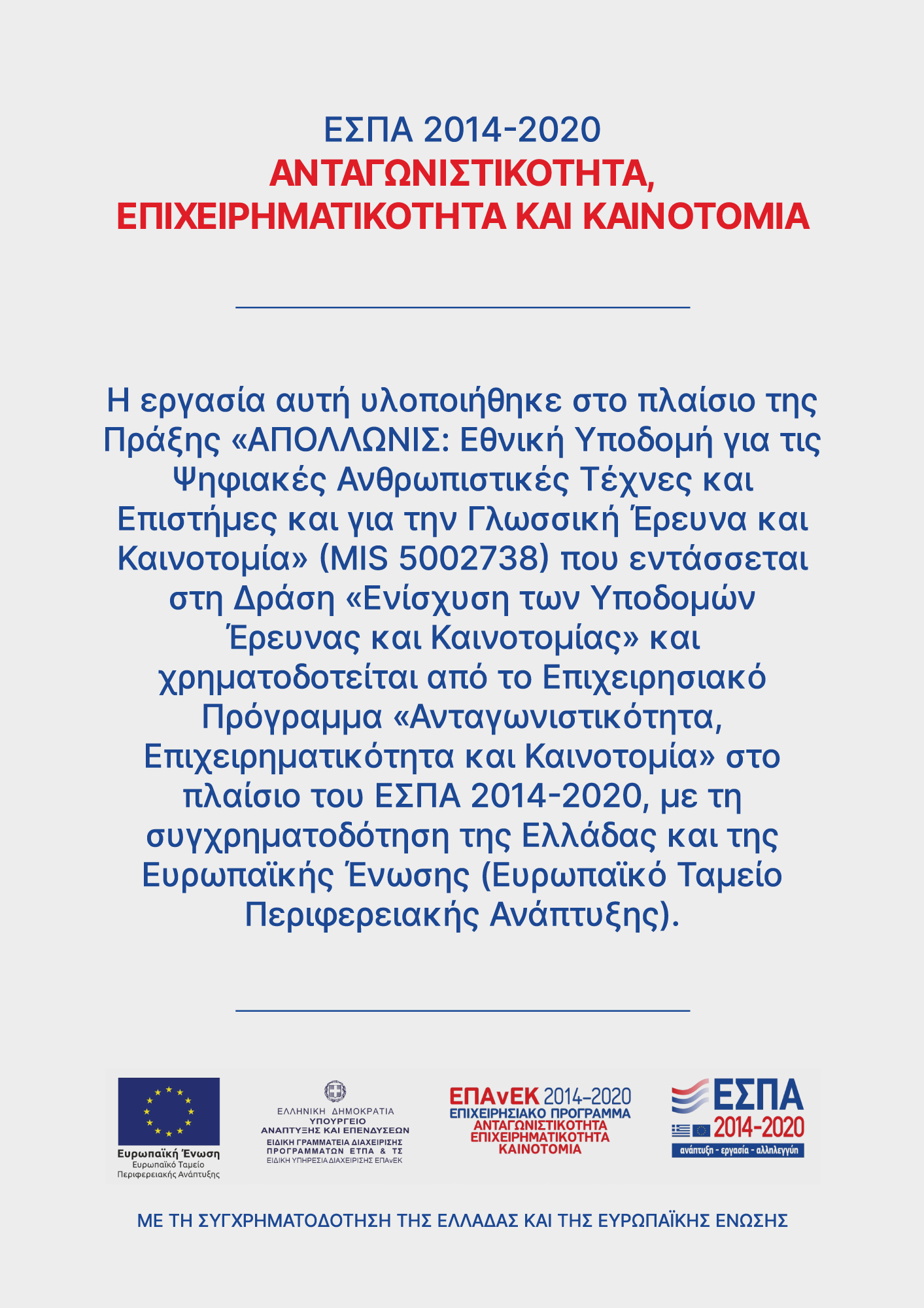We are happy to announce that interested person can already create an account with the ConfTool of the European Summer University in Digital Humanities «Culture & Technology» and that application for a place will start the 28th of February 2015.
This year the Summer University is realised together with CLARIN-D, one of the two infrastructure projects for the humanities funded by the German State Ministry of Education and Research (BMBF), and the Humboldt Chair in Digital Humanities of the University of Leipzig.
Not only the Electronic Textual Cultures Lab at the University of Victoria (etcl) and the German Accademic Exchange Service (DAAD) offer generous support to participants of the European Summer University in Digital Humanities, but also the University of Leipzig , which through its International Centre makes available bursaries for members of its Eastern European partner universities (please see: http://www.culingtec.uni-leipzig.de/ESU_C_T/node/480).
The Summer University is directed at 60 participants from all over Europe and beyond. It wants to bring together (doctoral) students, young scholars and academics from the Arts and Humanities, Library Sciences, Social Sciences, Engineering and Computer Sciences as equal partners to an interdisciplinary exchange of knowledge and experience in a multilingual and multicultural context and thus create the conditions for future project-based cooperations and network-building across the borders of disciplines, countries and cultures.
The Summer University seeks to offer a space for the discussion and acquisition of new knowledge, skills and competences in those computer technologies which play a central role in Humanities Computing and which determine every day more and more the work done in the Humanities and Cultural Sciences, as well as in publishing, libraries, and archives, to name only some of the most important areas. The Summer University aims at integrating these activities into the broader context of the Digital Humanities, which pose questions about the consequences and implications of the application of computational methods and tools to cultural artefacts of all kinds.
In all this the Summer University aims at confronting the so-called Gender Divide, i.e. the under-representation of women in the domain of Information and Communication Technologies (ICT) in Germany and Europe. But, instead of strengthening the hard sciences as such by following the way taken by so many measures which focus on the so-called STEM disciplines and try to convince women of the attractiveness and importance of Computer Science or Engineering, the Summer University relies on the challenges that the Humanities with their complex data and their wealth of women represent for Computer Science and Engineering and the further development of the latter, on the overcoming of the boarders between the so-called hard and soft sciences and on the integration of Humanities, Computer Science and Engineering.
The Summer School takes place across 11 whole days. The intensive programme consists of workshops, public lectures, regular project presentations, a poster session and a panel discussion. The workshop programme is composed of the following thematic strands:
- XML-TEI encoding, structuring and rendering
- Methods and Tools for the Corpus Annotation of Historical and Contemporary Written Texts
- Comparing Corpora
- Spoken Language and Multimodal Corpora
- Python
- Basic Statistics and Visualization with R
- Stylometry
- Open Greek and Latin
- Digital Editions and Editorial Theory: Historical Texts and Documents
- Spatial Analysis in the Humanities
- Building Thematic Research Collections with Drupal
- Introduction to Project Management
Each workshop consists of a total of 16 sessions or 32 week-hours. The number of participants in each workshop is limited to 10. Workshops are structured in such a way that participants can either take the two blocks of one workshop or two blocks from different workshops.
Information on how to apply for a place in one or two workshops can be found at: http://www.culingtec.uni-leipzig.de/ESU_C_T/.
Preference will be given to young scholars of the Humanities and Social Sciences who are planning, or are already involved with, a technology-based research project and who submit a qualified project description. Young scholars of Engineering and Computer Sciences are expected to describe their specialities and interests in such a way that also non-specialists can follow, and to support with good arguments what they hope to learn from the summer school.
Applications are considered on a rolling basis. The selection of participants is made by the Scientific Committee together with the experts who lead the workshops.
Participation fees are the same as last year.
For all relevant information please consult the Web-Portal of the European Summer School in Digital Humanities “Culture & Technology”: http://www.culingtec.uni-leipzig.de/ESU_C_T/ which will be continually updated and integrated with more information as soon as it becomes available.

